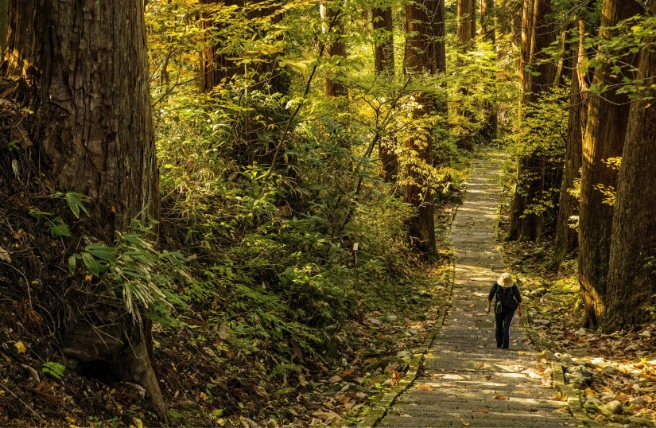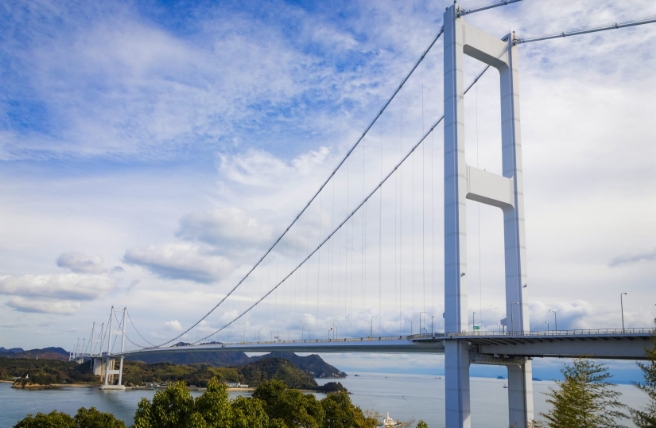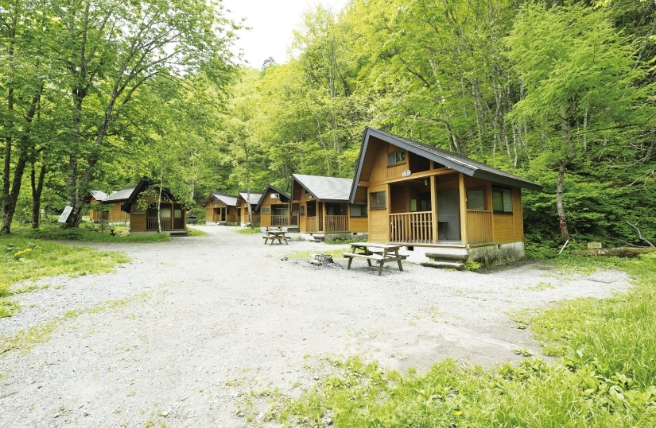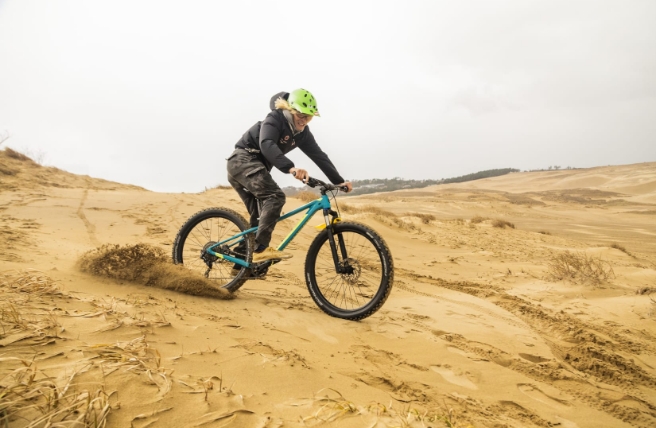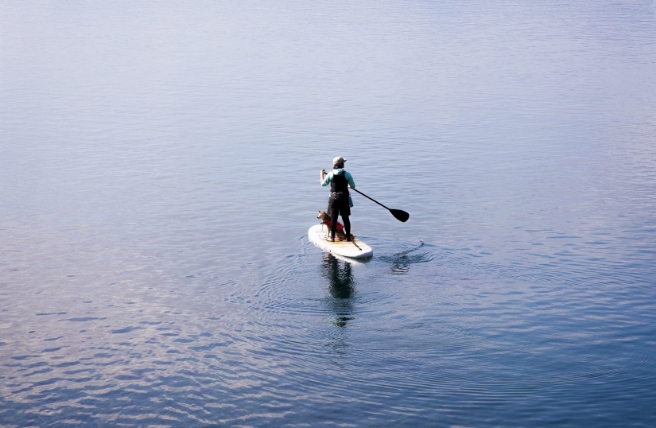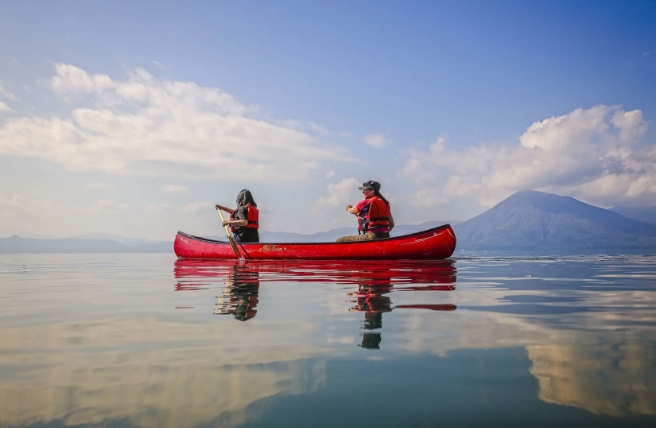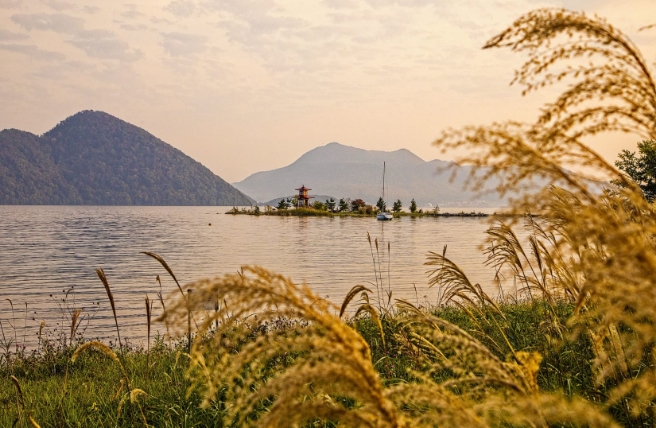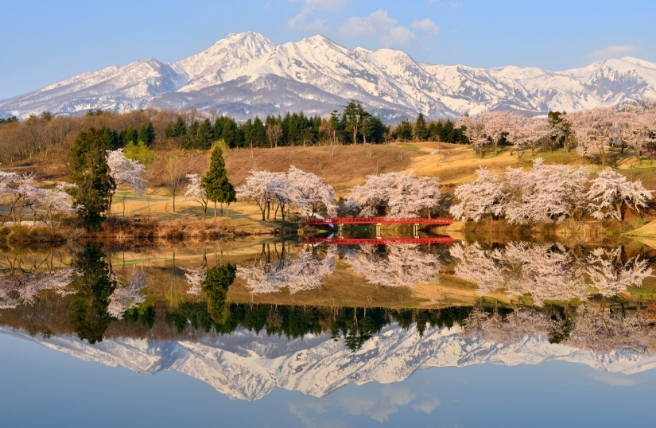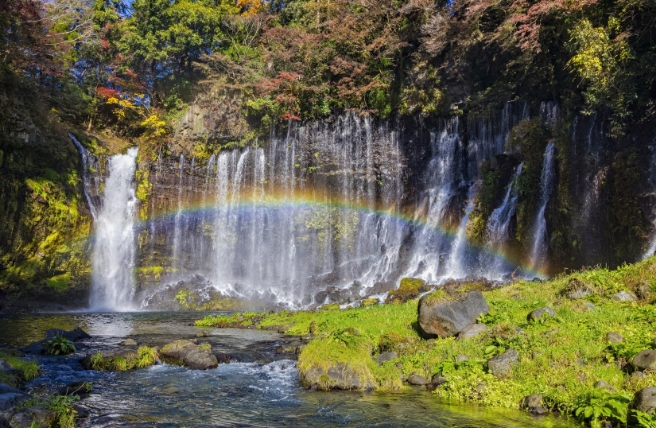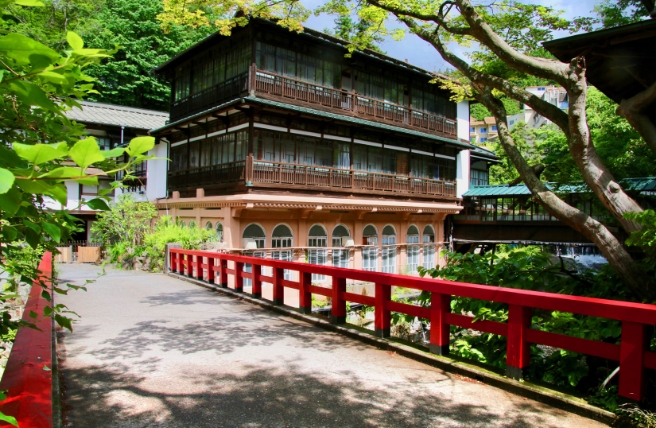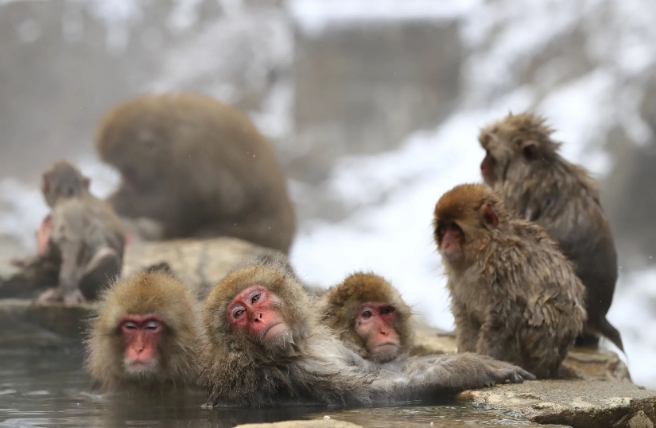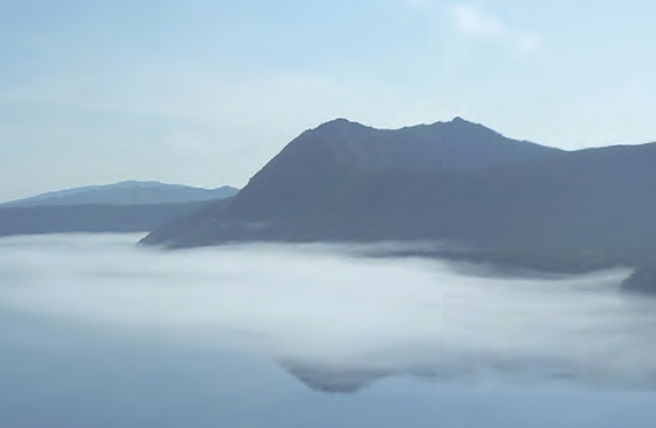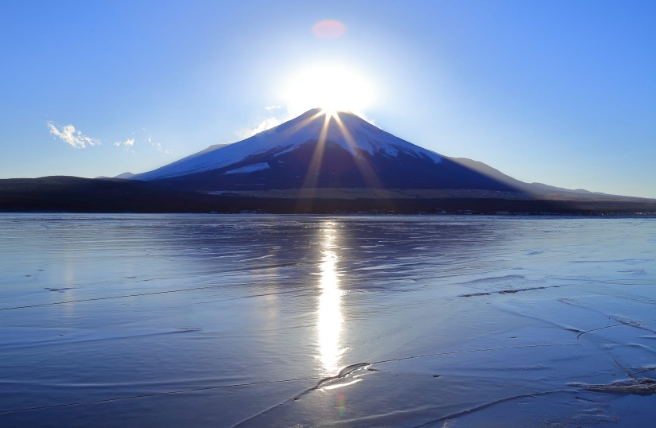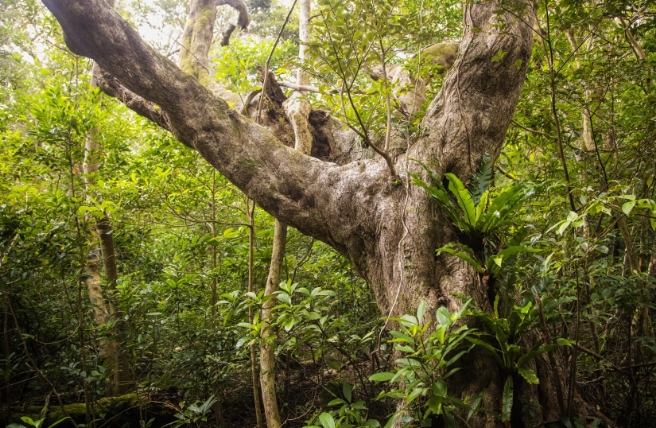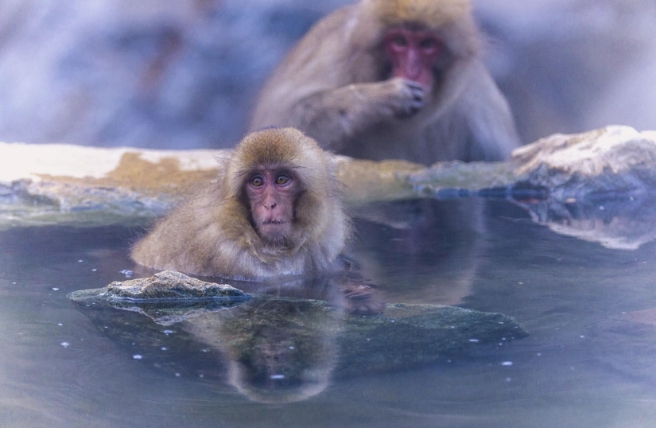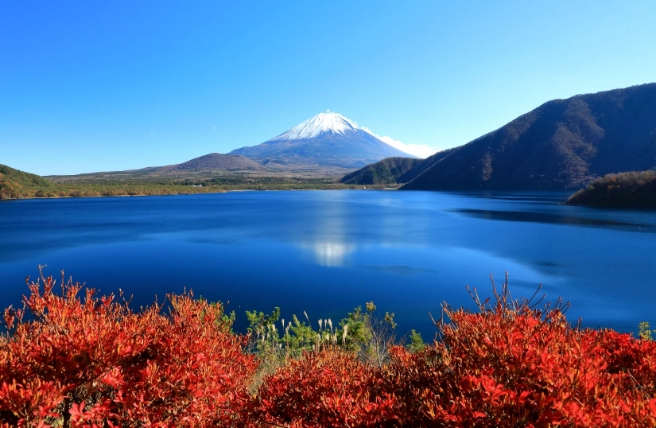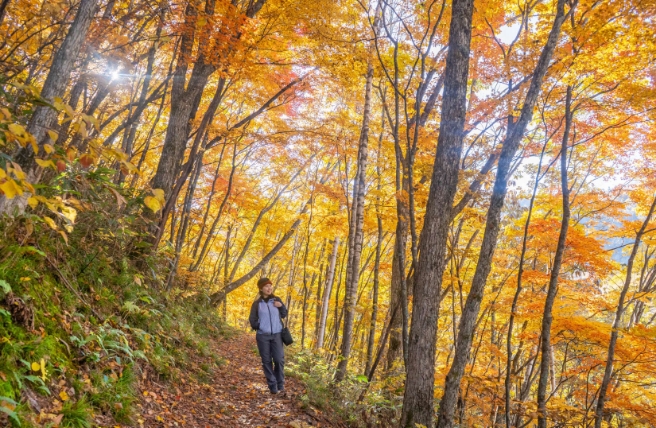When visiting any national park, it's important to observe certain rules to protect the environment. Please keep Japan’s national parks clean and safe for everyone to enjoy now and for generations to come.
Below are general rules to follow when in Japan's national parks. Please be sure to check the rules of each national park when you visit, as each may have its own region- or park-specific rules.
Respect the natural environment
Don't take plants, animals or stones home with you. National parks house complex and delicate ecosystems; removing anything may damage the environment.
Leave no trace
To keep the parks pristine, bring a trash bag to pack your waste and take your garbage home with you. Keep the facilities clean for other visitors. Note that vandalism and graffiti is illegal.
Don't light fires
Don't light fires outside designated areas. You may end up damaging vegetation, harming animals or causing a wildfire.
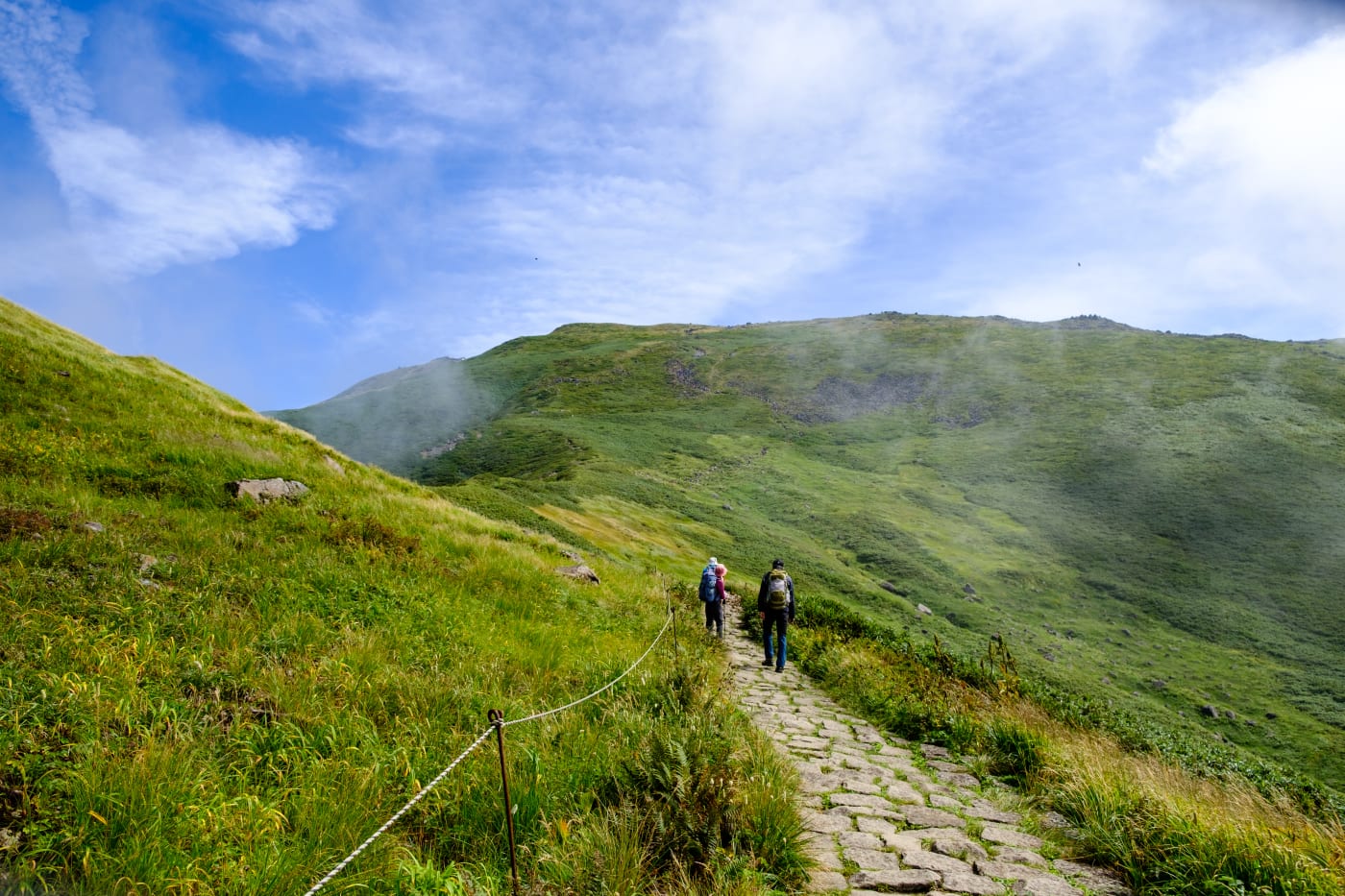
Stay on designated trails
Stay on trails to make sure you don’t get lost and to prevent damage to the vegetation and soil. If you use trekking poles, please use tip covers to prevent erosion of the trails.
Don't camp outside designated areas
Camping is only permitted in designated areas within national parks.
Don't feed wild animals
Feeding wild animals may lead to changes in their behavior. Animals may become aggressive, develop health conditions, or become dependent on people. These changes could lead to accidents and injuries.
Don't approach wild animals
If you encounter a wild bear or boar, move away quietly and don't disturb them. Carry a bear bell with you to avoid encounters with animals.
Be careful around coral
Coral are fragile. Do not touch them and avoid hitting them with your swim fins when diving or snorkeling.

Drive safely
If traveling by car, be careful to avoid collisions with wild animals. Some park areas have traffic restrictions. Be sure to check in advance.
Don't smoke outside designated areas
Don't smoke while walking or when outside designated areas. Cigarette ashes and butts may cause wildfires, so please take them with you.
Prepare for your visit
Plan appropriately and gather information ahead of your visit.
- If you plan to hike, check the weather, trail conditions, access information and volcanic warnings in advance.
- If you plan to visit a coastal park, check tide times, tidal levels and currents in advance.
Check if your destination has restrooms
Some places have no restrooms. You may need to bring a portable toilet with you.
Be considerate of the local community
People inhabit Japan’s national parks. Be respectful of the locals, keep noise levels down and don't trespass on private property or farmlands.

Safety and Disaster Information
Get more information on how to prepare for an emergency or disaster while traveling in Japan on the safety tips for travelers website.
Before coming to Japan, download the safety tips for travelers app to get the latest information on earthquake, volcano and tsunami warnings.
JNTO’s 24-Hour Emergency Hotline
The Japan National Tourism Organization operates a 24-hour visitor hotline that provides support to visitors in the event of an emergency, accident, illness or natural disaster. Assistance is available in English, Chinese, Korean and Japanese.
From Japan:
050-3816-2787
From Overseas:
+81-50-3816-2787
